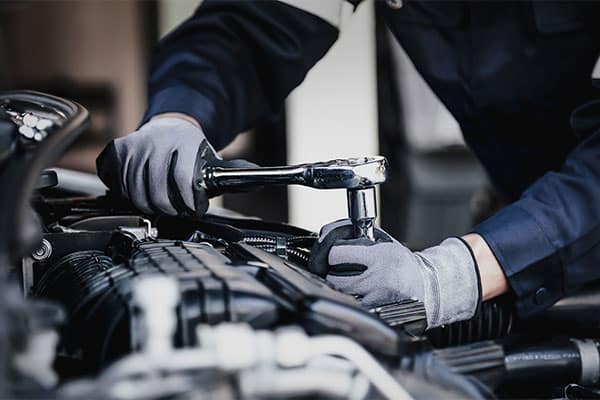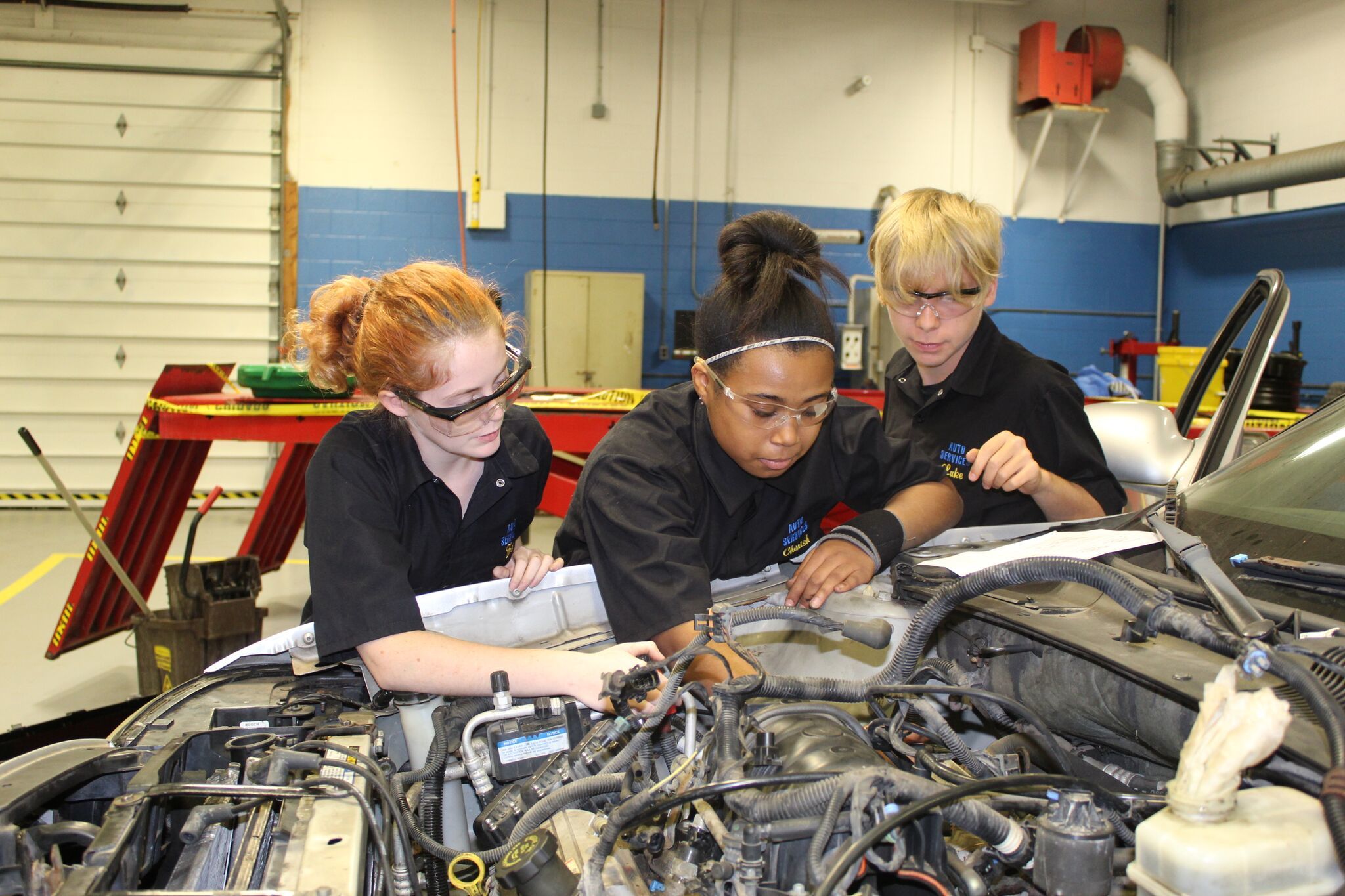All Categories
Featured
Brakes are probably one of the most crucial safety and security feature of any kind of lorry. Without trustworthy brakes, also one of the most effective car can end up being a threat when driving. That's why normal brake inspections are a need to for guaranteeing your vehicle quits when you need it to. Following a correct brake evaluation timetable can not only maintain you risk-free yet likewise help you avoid costly repairs. Right here's a thorough guide on exactly how to effectively examine your brakes and what to watch out for.
- The Significance of Routine Brake Inspections. Brakes undertake continuous wear and tear with every usage, whether you're driving at high speeds on the freeway or travelling via city streets. In time, brake pads, blades, and other elements wear down, which can affect braking performance. Without routine examinations, you may not discover the steady reduction in effectiveness until it's far too late.
Regular brake evaluations allow you to capture issues early, making certain that your brakes continue to be receptive, trusted, and risk-free. Timely inspections can likewise save you money by dealing with small problems prior to they end up being expensive repairs.
- Usual Indications That Your Brakes Need Interest. While routine brake examinations are essential, there are some indication you can watch out for to understand when it's time to arrange a check-up:
Squealing or Grinding Appears: Shrill squeaks or grinding sounds when using the brakes are frequently indicators that your brake pads are used out and need substitute. Resonance or Pulsation: If you feel resonances in the guiding wheel or the brake pedal, it can suggest distorted rotors, which may require resurfacing or changing. Soft or Spongy Brake Pedal: If the brake pedal feels unusually soft or spongy, there may be air in the brake lines or an issue with the master cyndrical tube. Drawing away: If your car draws away while braking, this might be triggered by uneven brake pad wear or a problem with the brake liquid. Raised Stopping Range: If it takes longer to stop than normal, it might suggest that the brake pads are put on, the liquid is low, or the blades are damaged. If you observe any of these symptoms, it's ideal to have your brakes evaluated instantly.

- Secret Components Checked Throughout Brake Inspections. During a brake assessment, a service technician will certainly check a number of essential components of the stopping system to make certain everything is working properly. Here are the key elements involved:
Brake Pads: The most typical reason for bad stopping efficiency is damaged brake pads. Inspecting the thickness of the pads is a concern during every inspection. Brake Rotors: Blades should be smooth and complimentary of grooves or splits. Any substantial damages to the blades might result in endangered braking performance and uneven pad wear. Brake Fluid: Reduced or contaminated brake liquid can impair braking efficiency. The technician will inspect the liquid levels and quality and change it if needed. Brake Lines and Hoses: Brake lines ought to be devoid of leakages or cracks. Any type of damage to the lines can lead to loss of brake fluid, resulting in brake failure. Brake Calipers: The calipers use pressure to the brake pads. They must be evaluated for indications of wear or leaks to ensure they are functioning appropriately. On a regular basis inspecting these components assists maintain your brake system in peak condition, allowing you to quit your automobile safely and successfully.
- Exactly how Usually Should You Have Your Brakes Evaluated? The basic recommendation is to have your brakes checked at least as soon as a year or every 12,000 miles, depending on your driving practices. Specific driving problems might require even more constant inspections:
Hefty Traffic: If you often drive in stop-and-go traffic, your brake pads will certainly wear down quicker. Mountain Driving: Driving on steep roads calls for more regular stopping, which can create your brakes to wear more promptly. Towing or Hauling Heavy Plenties: If you regularly carry heavy loads, your brakes will certainly experience much more tension and require more regular inspections. If you discover any one of the warning indicators pointed out earlier, don't wait on the following scheduled examination-- have your brakes inspected promptly.
- The Consequences of Ignoring Brake Inspections. Ignoring normal brake inspections can lead to major consequences. A stopping working brake system can cause minimized stopping power, which increases your danger of crashes. Neglecting brake upkeep can likewise lead to extra expensive repair work. For example, if you delay replacing worn brake pads, the damage might reach the blades, resulting in the demand for blades substitute, which is a much extra expensive fixing.
In the most awful instance, driving with damaged brakes can bring about complete brake failure, placing you and various other chauffeurs in jeopardy. Regular brake evaluations are a little financial investment that can conserve your life and protect against costly repair work.
- Conclusion: Keep Safe with Regimen Brake Inspections. Brakes are not something you want to take opportunities with. A reliable stopping system is crucial for risk-free driving, and normal brake inspections are a straightforward means to make certain that your cars and truck stops when you need it most. By remaining on top of brake upkeep, expecting alerting indicators, and having your brakes inspected at the advised intervals, you'll protect both your car and your safety and security.
Do not wait up until your brakes begin to stop working-- schedule routine brake inspections and keep your lorry in ideal condition for several years to come.
Latest Posts
Explore Montclare Auto Repair’s Premier Car Care Solutions and Why Drivers Choose Them
Explore Best Auto Repair Care in Chicago – Drive with Confidence
Reputable Industrial Roofing Services by Weathercraft
More
Latest Posts
Explore Montclare Auto Repair’s Premier Car Care Solutions and Why Drivers Choose Them
Explore Best Auto Repair Care in Chicago – Drive with Confidence
Reputable Industrial Roofing Services by Weathercraft
